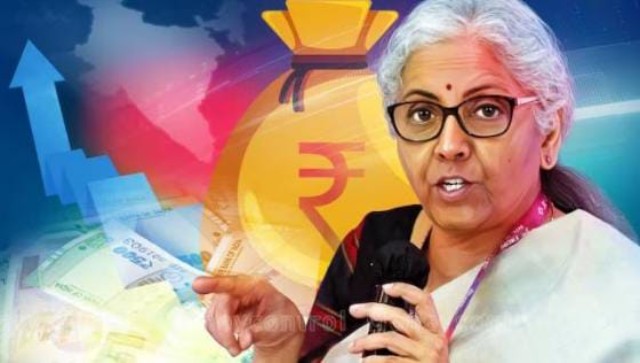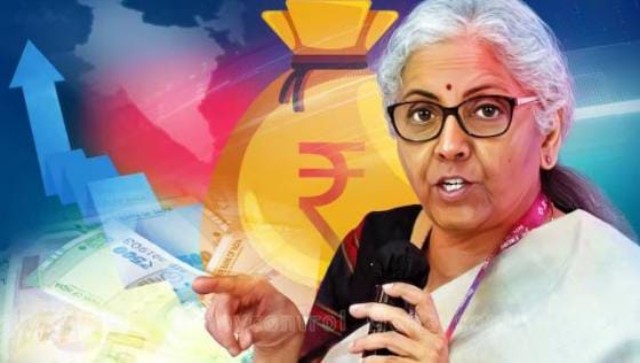By Abhishek Chhajlani
Winners don’t do different things; they do things differently!
As clichéd as the above quote (often attributed to Shiv Khera) might sound, it is uncannily representative of the Indian startup ecosystem.
When you look at the Indian ‘start-ups’ over the course of the last decade or so from a global kaleidoscope, you’ll notice we haven’t built much that wasn’t already prevalent or in the process of getting built in the West or Far East.
We have always looked at global solutions for local problems, and then tailored them to suit local needs. That is neither creation nor discovery, it is at best adaptation without attribution.
We have done one thing though, we have creatively broken down the available solution, mind you, not the problem, but the already existing solution in a different part of the world, and made it extremely relevant and well-packaged to suit the domestic market.
Few Indian companies have become world beaters in the said period, but who says you need to expand internationally to grow. With a more than sizeable population, a sizeable GDP, and an ever increasing spending capacity of the average Indian, the domestic market has enough action and scope for exponential growth.
Now, does that mean we’re not creative? NO! Does that mean we’re not disruptive? NO, again. What it means is that we haven’t been schooled enough to be original thinkers.
What it means is that we’re rewarded for solving the toughest Irodov (one of the holy grails of high-school Physics problems) problem exactly the way it’s solved in the book, but not rewarded at all, when we take an additional day to solve it the way it wasn’t solved in the book.
But how much we’re schooled and how much we’re not is not what I’m trying to address here, my problem, well, is a little more financially-inclined, than its hinge on originality.
My biggest bone of contention: When an Apple can sell its products in India at a super-premium or when car manufacturers can demand sky-rocketing prices; why does the internet industry, especially the transaction-driven digital ecosystem, have to rely so heavily on deep-discounting? Why did online buying as a phenomenon have to become synonymous with discounting and not synonymous with convenience?
Let’s turn the clock back a decade, when credit cards had just started picking up initial steam in the country. There were rewards, cash-back points and the numbers were low (as they still are, considering a per capita number), but there was one definite practice.
Most, and when I say most, it implies MOST merchants charged a credit card acceptance fee when accepting payments using a credit card, as a lot of merchants do even today. People still paid using a credit card, not primarily because of the loyalty benefits, but because it offered convenience.
Now you may argue saying that it led to low credit card numbers in the country, but that’s not essentially true. The numbers are low because credit card issuing companies want these numbers where they are; also because their captive audience can pay multiple times what the average Indian can even today.
If that example leaves you a little unsatisfied, let’s take a more non-elitist, relatable, and relevant one. Back in the days, again, a decade or so back, when food ordering wasn’t big in India but people still ordered on the phone; free delivery was a rage. Why?
Simple, because not all deliveries were free. People had to highlight ‘Free Delivery’ to attract consumer attention. Unfortunately, even 15% off isn’t the rage any more in the online food ordering industry, it’s the norm. Not only does that defy financial logic, it defies the very rationale of doing business.
Negative P&Ls can work, but they can’t survive. In a profit-seeking world, profitability can’t just be your vision, it needs to be as much of a mission if not more. Companies need to be built around the right values, moral AND financial.
A morally run loss-making company is nothing but a not for profit organisation, just not in the social sector though. And that my friends, is a harsh reality! We need people: investors, business-owners, seasoned entrepreneurs and mentors to address this harsh business reality.
The internet world has seen some harsh corrections over the last few decades, and if the ongoing trend does not undergo a self-correction, it’s going to see an external correction very soon. The bubble will and should burst, and it shouldn’t come as a shocker. It may well be a natural course-correction, so our future entrepreneurs don’t fail where we did, just because they weren’t ‘schooled’ well!
We need more examples like Freshdesk and InMobi, albeit in the transaction-led digital ecosystem, companies that have bucked the idea-import trend and concentrated on addressing a convenience rather than deep discounting, companies that have not only made Rupees, but also brought Dollars home. If we can make that happen, then perhaps we will not just start-up, but also scale-up!
The author is an entrepreneur and start-up trend observer.


)




)
)
)
)
)
)
)
)